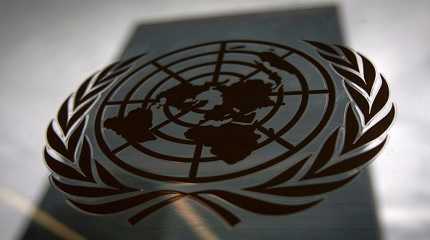
ADDIS ABABA, Jan. 24 (Xinhua) -- After five consecutive below-average rains, the humanitarian crisis in the Horn of Africa is expanding and deepening, the United Nations World Food Program (WFP) has warned.
Combined with insecurity and macroeconomic volatility, the impact of the drought on food and nutrition security has been devastating, the WFP said in its regional drought response plan for the Horn of Africa issued late Monday.
Across Ethiopia, Kenya and Somalia, an estimated 22 million people are now acutely food insecure because of the drought, the WFP said.
It warned over the critical malnutrition situation, in which some 5.1 million children across drought-affected areas of the three countries are acutely malnourished in 2023, with dire implications for their health, growth and survival.
"Concerningly, the upcoming March-May 2023 rains are also forecast to be below average. Should these rains fail, and humanitarian assistance not be delivered at scale, food insecurity will continue to deteriorate," the WFP warned.
It further emphasized that regardless of how the 2023 rains perform, extremely high humanitarian needs will persist through 2023 while a full recovery from a drought of this magnitude will take years.
In order to address the devastating drought-induced hunger and malnutrition across the region, the WFP said it is pursuing an integrated dual-track approach -- meeting immediate life-saving food and nutritional needs while simultaneously building resilience to extreme climate variability.
WFP said since mid-2021, it has more than doubled relief assistance across drought-affected areas of the Horn of Africa from 4 to over 8.8 million food relief beneficiaries every month.
It, however, underscored that the humanitarian needs continue to outstrip the WFP's substantial expansion.
Meanwhile, the WFP appealed for an urgent 2.4 billion U.S. dollars to help avert a major humanitarian crisis in 2023 across the Horn of Africa and support 8.8 million people affected by the drought with monthly lifesaving relief.
It said responding now is necessary to avert a humanitarian catastrophe, prevent suffering, protect dignity, and save lives.




